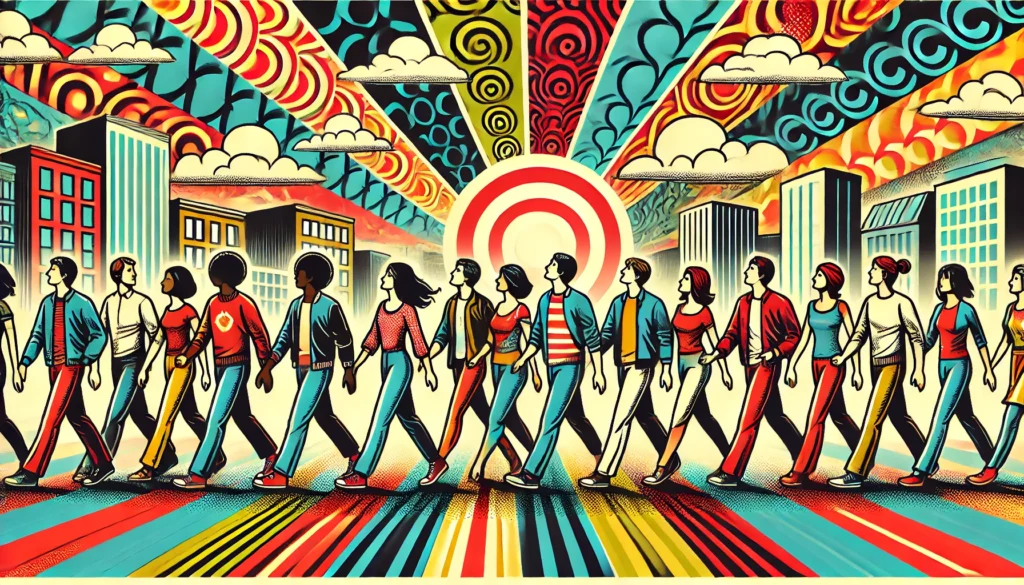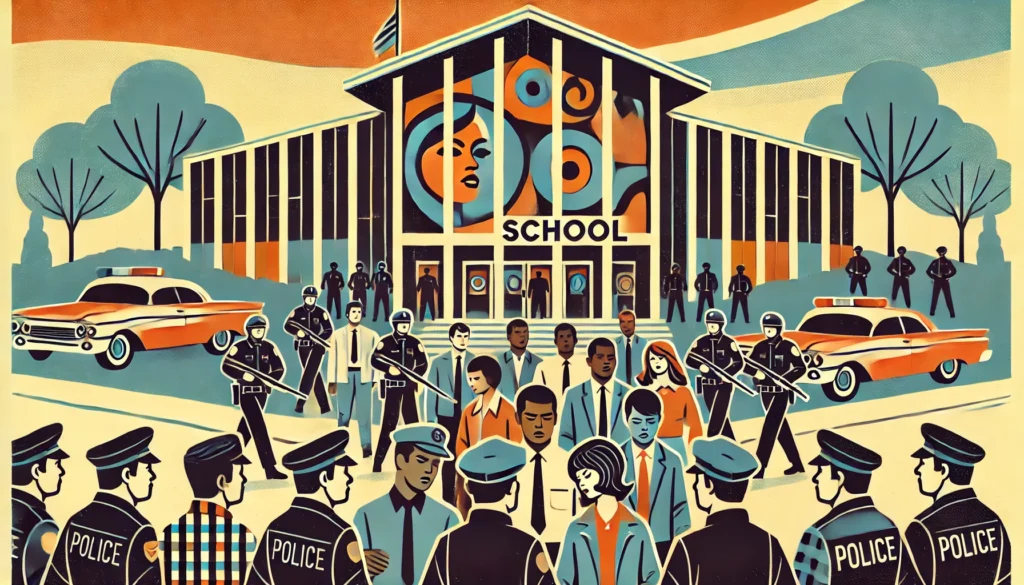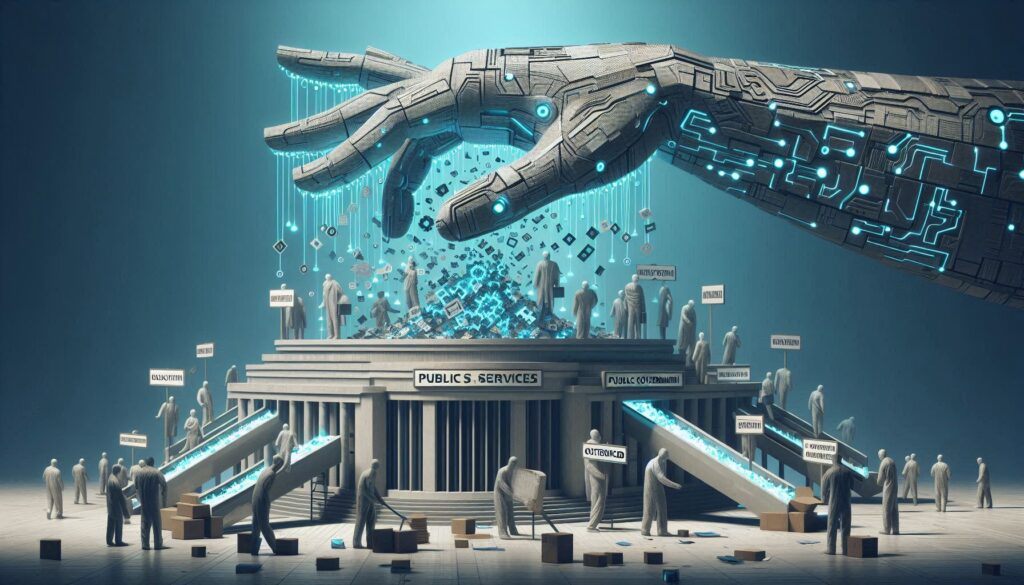
For decades, Diversity, Equity, and Inclusion (DEI) initiatives have served as the foundation for efforts to create a fairer, more just society. Yet, the political tides are shifting, and DEI is under siege. In its place, the right proclaims the rise of “merit,” “freedom of speech,” and “debate.” These are compelling ideals, but beneath their surface lies a battleground of competing visions for the future of our society. The question is not whether these values matter—they do—but how they are defined and who wields them.
The Mirage of Merit
Merit, on its face, suggests fairness: the best person for the job, the most qualified voice in the room. But merit does not exist in a vacuum. It is shaped by privilege—by access to quality education, healthcare, mentorship, and opportunities. The danger lies in conflating privilege with achievement, in allowing “merit” to become a justification for maintaining the status quo. In a society where systemic inequalities in race, gender, and class persist, is “merit” merely a veneer for reinforcing existing power structures?
Freedom of Speech: A Double-Edged Sword
Freedom of speech is a cornerstone of democracy, but it is not without boundaries. In the digital age, it has become weaponized, with unregulated social media platforms amplifying disinformation and propaganda. When freedom of speech becomes an excuse for harm—for inciting violence, spreading hate, or manipulating public perception—it ceases to serve the public good. How do we balance the right to speak freely with the need to protect truth, dignity, and safety?
Debate in a Polarized World
Healthy debate requires mutual respect and a willingness to listen. Yet, today’s political climate is defined by anger and division. Questions are met with shouting, protests with threats. When left-leaning activists are met with violence and right-wing extremists are celebrated, the possibility of meaningful dialogue erodes. The orchestrators of January 6 walk free while those who speak out for justice are silenced. What kind of debate is possible in such an unequal playing field?

Living in Fear of the Future
We now live in a world where the very fabric of our communities is at stake. Questions that once seemed distant now dominate our thoughts: What is happening in my neighborhood? Will my child’s classmates be deported? Will I have to act and try to protest deportation squads entering my kid’s school? And if I do, what will happen to me? Will I be thrown in jail or sent to a dissident camp? It is heartbreaking to think this might be where our country is heading, but the signs are all around us. A society that punishes peaceful protest and silences dissent is not one that cherishes freedom; it is one on the brink of authoritarianism.
The Need for a New Activism
History has shown us the power of activism to drive change. The civil rights movement of the 1960s dismantled Jim Crow laws and paved the way for greater equality. Today, we find ourselves at a similar crossroads. The MAGA movement has co-opted the mantle of counterculture, weaponizing it to push society toward authoritarianism. Left-leaning activists must reclaim their momentum, not through reliance on institutions alone, but through grassroots organizing, direct action, and bold leadership.
Who Will Lead the Charge?
The question remains: who will rise to lead this new age of activism? Leadership will not come from a single person or movement but from a coalition of voices—working-class individuals, marginalized communities, and allies—united by a vision of justice and equality. The tools of the past—marches, sit-ins, boycotts—must be adapted to the challenges of today. Activism must be intersectional, inclusive, and relentless.
Time to March
We are at a tipping point. The MAGA movement’s momentum threatens to push society to the brink of violence. But history teaches us that progress is born from resistance. It is time to march, to organize, to reclaim the freedoms that are slipping away. The fight for justice, equity, and inclusion is not over; it is entering a new chapter. The question is not whether we can win, but whether we will rise to the challenge.
The age of DEI may be ending, but a new era of activism is just beginning. The time to act is now.




